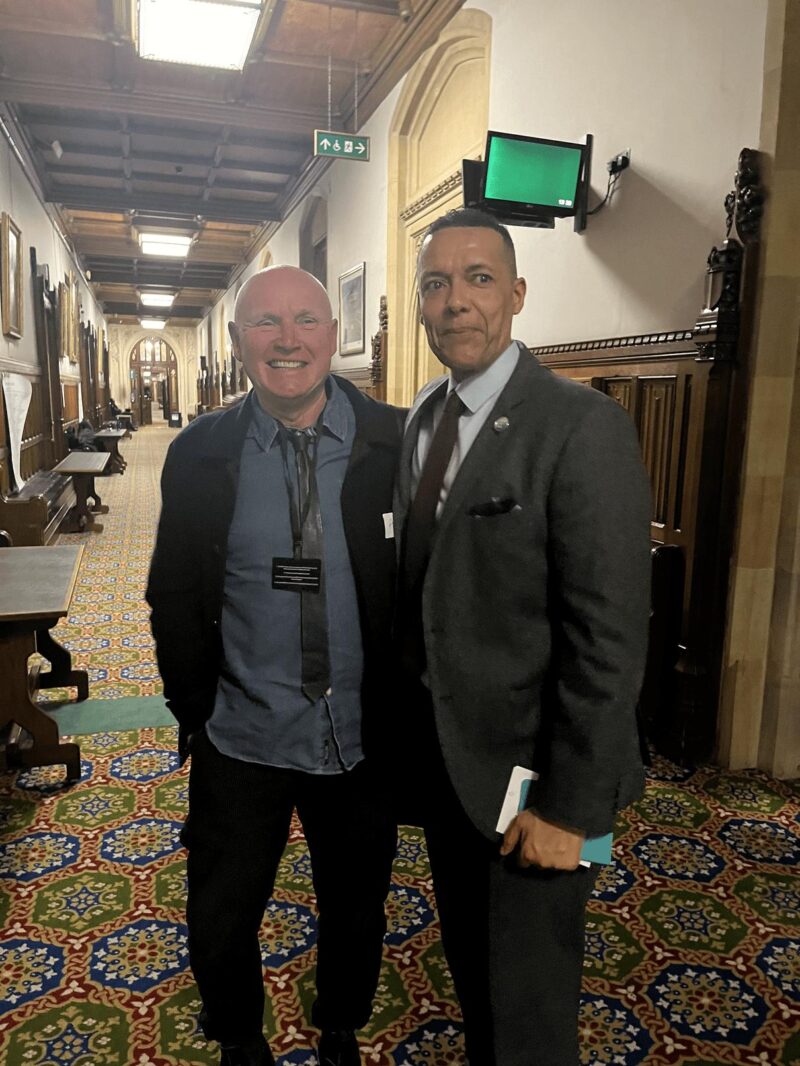Clive Lewis For Norwich South

I attended a meeting in Parliament on victims of the crisis caused by the Royal Bank of Scotland’s (now known as NatWest) infamous “dash for cash”.
This was a process where, following the 2008 financial crisis, the bank’s new owner, the Government asked it to get the bad debt off its books and boost its depleted cash.
As a result, RBS looked for ways to overstate the financial distress of their business customers, so it could drain them of cash and purchase their assets on the cheap.
At the meeting, I met one of my constituents, Andrew Gibbs. He was mis-sold a financial product by RBS, allowing the bank to revalue his property to below the amount of his loan. This led Andrew to eventually lose his successful business, as well as his family, his home, and his mental health.
This is the price that people pay when we fail to get the banking system right.
This is the result of 60 years of economic orthodoxy which has decoupled democracy from economic decision making.
The banking scandal occurred because banks were allowed to become too powerful, and no longer accountable to our elected representatives. This meant that individuals like Andrew were seen as expendable in the interests of saving the banks.
Rather than relying on the same institutions that got us into the crisis of 2008, we should be promoting new types of banks which have democratic ownership models, clearly distinguishing themselves from the status quo.
It should go without saying, but those responsible for this crisis should face consequences, and victims like Andrew and millions of others across the UK should be compensated.
If we want to stop scandals like this from occurring, as well as prevent the rise of the far right, we need to rebuild the relationship between democracy and the economy. Financial institutions should be able to be held to account by elected representatives.
In 2015, I spoke in a debate regarding RBS’ potential sell-off.
Watch the full speech here.
